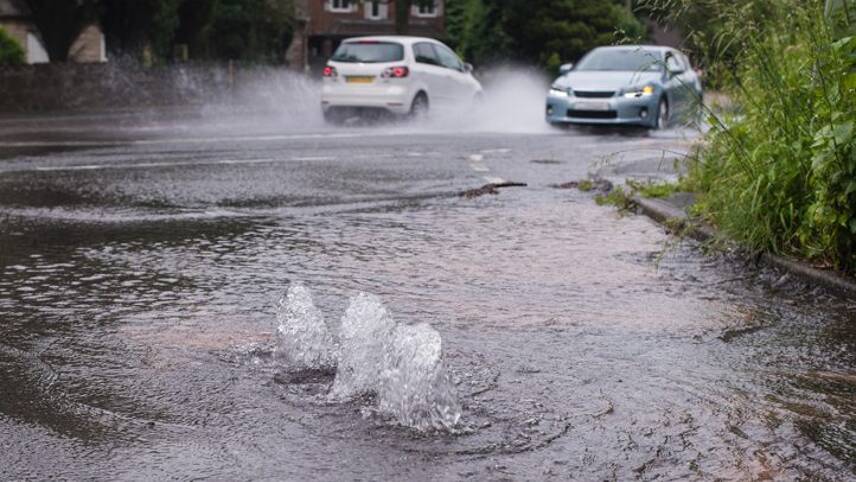Register for free and continue reading
Join our growing army of changemakers and get unlimited access to our premium content

Progress towards the goal will be independently assessed each year
In August, the UK’s nine major water and sewerage providers, including Yorkshire Water, Anglian Water and United Utilities committed to planting 11 million trees in order to improve the natural environment across 6,000 hectares of English land as part on an overarching ambition to become a carbon-neutral sector by 2030
Original woodland will be restored alongside new projects on land owned by the water companies. Local authorities, The National Trust, The Wildlife Trusts and The RSPB are also part of the initiative and will provide owned land as a result. Urban tree planting will also provide health benefits to town or city-based communities.
Three months on from the announcement, the sector has name has named Ricardo and Mott MacDonald as the consultancies that will act on behalf of Water UK and UKWIR to carry out research that will create a practical, step-based approach to the net-zero pledge.
Anglian Water’s chief executive Peter Simpson said: “This is an important first step on the sector’s journey to be net-carbon-zero by 2030. Climate change is an existential threat to our environment, and way of life. Business, as usual, is simply not an option.
“This vital project will help us find the technologies and processes we will need to help us become carbon zero. We’ve made great strides in recent years reducing both operational and embedded carbon, but we don’t have all the answers. So, bringing in outside expertise to help us reach this target is essential.”
The water sector is the fourth most energy intensive in the UK, directly contributing to around five million tonnes of greenhouse gas (GHG) emissions each year.
Planning ahead
The companies have already agreed to the tree-planting initiative. According to strategies outlined by the Committee on Climate Change for the UK Government’s net-zero climate target, UK woodland coverage will need to increase from 13% of land to 17% by 2050.
The water companies are also working with the Refill campaign and City to Sea to increase the number of free water refill stations in the UK. So far, the number of stations has increased from 1,500 in 2017 to around 26,000 today. Bottled water is around 900 times more carbon intensive than tap water and the sector has committed to preventing the equivalent of four billion plastic bottles ending up as waste by 2030 through the commitment.
Progress towards the goal will be independently assessed each year, with reports made public. Individual companies within the sector will also use the action plan to inform their own strategies to meeting net-zero by 2030.
Last year, more than 14,000 trees were planted at Ogden Water as part of Yorkshire Water’s “big goal” for the environment, which aims to create new “green infrastructure”. Last month, edie spoke with Yorkshire Water’s head of sustainability Gordon Rogers on the water industry’s transition to net-zero and a look at the company’s own Carbon Week of employee engagement, for a special episode of the Sustainable Business Covered podcast. You can listen to the episode here.
Matt Mace


Until the Water Utility Companies engage better with small SMEs they will miss some of the most Innovative techniques and technologies to achieve anywhere near this goal. Example we have treated the feed to a large AD digester since 2014 and they have seen a double-digit increase in methane. They purchased the system but now refuse to try it elsewhere until it can be demonstrated in the Lab!
Also until they learn how to managed their processes using a systems approach, they will again fail. Anglian are one of the worst!